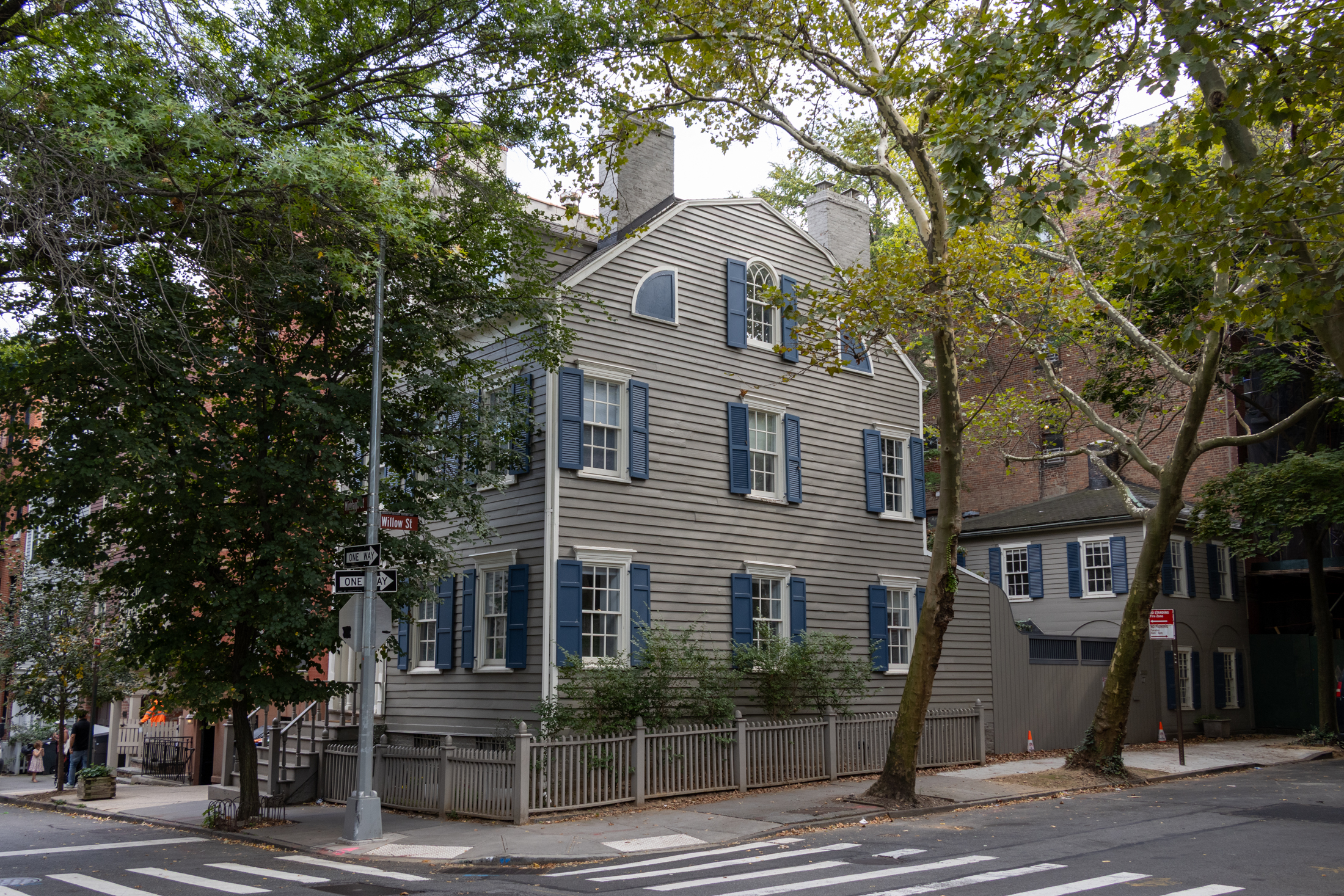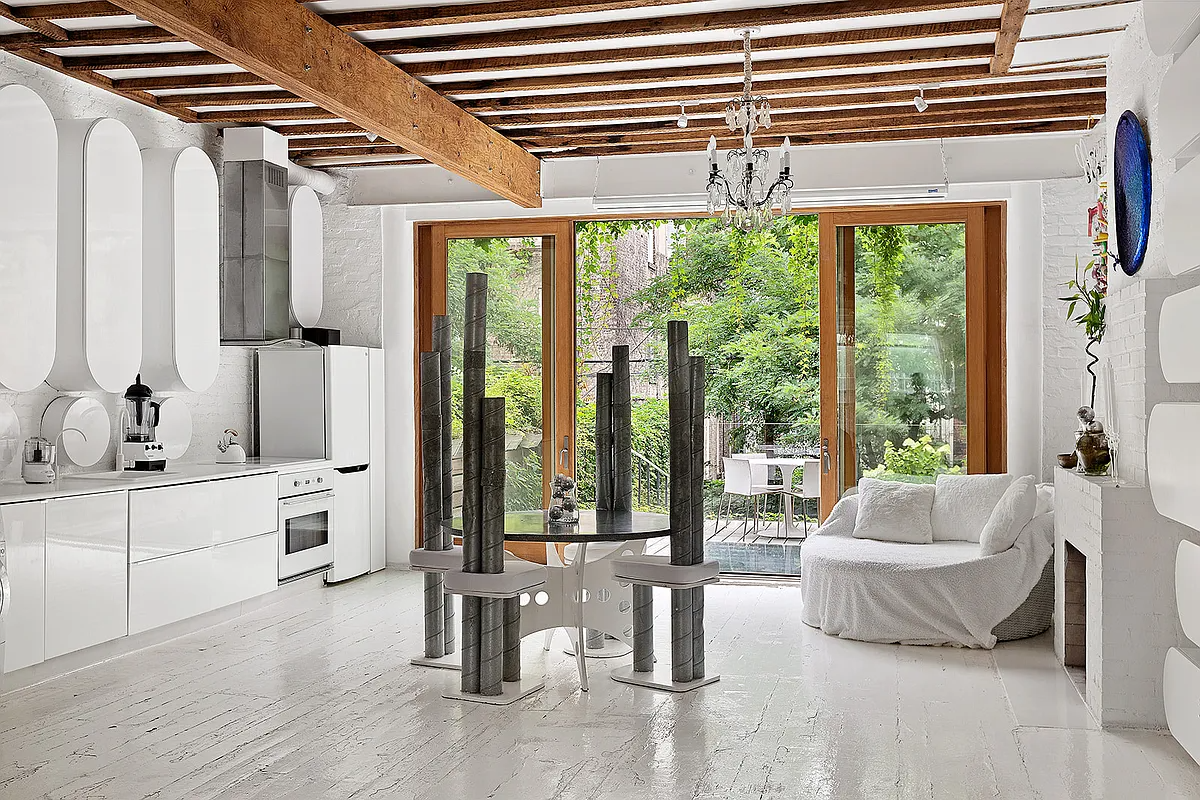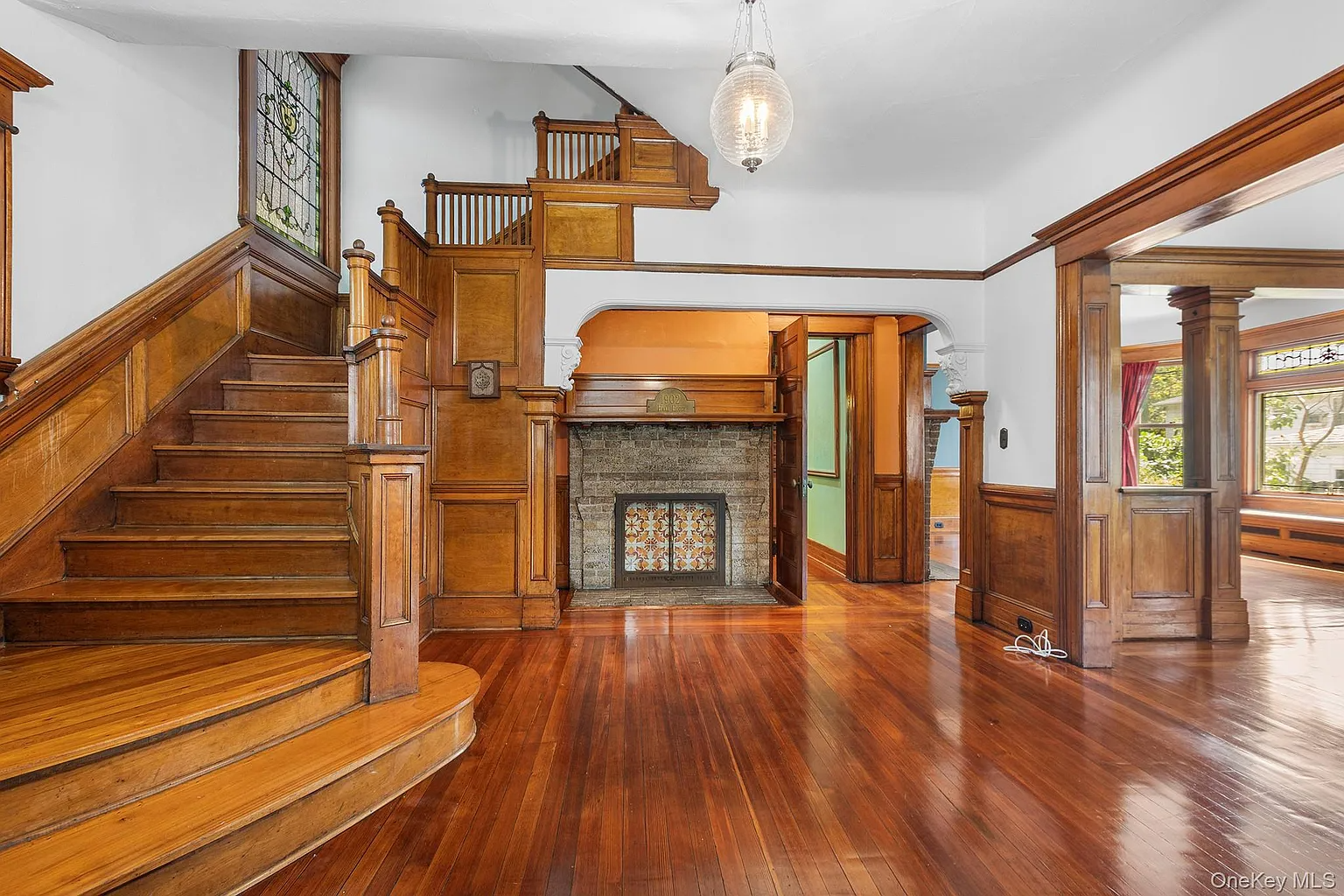The Impact of Rising Rates?
The business headlines this morning are trumpeting the fact that 10-year Treasury rates hit a five-year high yesterday and where the 10-Year goes, mortgage rates tend to follow. So it’s no surprise that the average rate on a 30-year fixed mortgage ticked up and 1/8 of a point on Monday and another 1/8 of a…

 The business headlines this morning are trumpeting the fact that 10-year Treasury rates hit a five-year high yesterday and where the 10-Year goes, mortgage rates tend to follow. So it’s no surprise that the average rate on a 30-year fixed mortgage ticked up and 1/8 of a point on Monday and another 1/8 of a point yesterday to land at 7.125 percent, the highest it’s been since July 2006. (These moves come after a 6.6% rise in mortgage applications last week.) The big question on everyone’s mind is at what point do the higher rates start to negatively impact the New York City real estate market. This could just be another chance for brokers to start making the crazy argument that people should rush to buy now before rates go up. That one’s always blown our mind.
The business headlines this morning are trumpeting the fact that 10-year Treasury rates hit a five-year high yesterday and where the 10-Year goes, mortgage rates tend to follow. So it’s no surprise that the average rate on a 30-year fixed mortgage ticked up and 1/8 of a point on Monday and another 1/8 of a point yesterday to land at 7.125 percent, the highest it’s been since July 2006. (These moves come after a 6.6% rise in mortgage applications last week.) The big question on everyone’s mind is at what point do the higher rates start to negatively impact the New York City real estate market. This could just be another chance for brokers to start making the crazy argument that people should rush to buy now before rates go up. That one’s always blown our mind.
10-Year Treasury Yields Hit 5-Year High [NY Times]
US Mortgage Rates at Peak Since July 2006 [Reuters]
Mortgage Applications Index Rose 6.6% Last Week [Bloomberg]





A little hyperbole there anon 2:50? Why do people get so angry when someone says the market is going up anymore? And no that doesn’t mean I think brownstones are going to crash to 100k.
“The forces driving demand for the Brooklyn brownstone market are much bigger than a few basis points on a mortgage. Rates are a factor, no doubt, they facilitate this market. But really, mega-trends such as reverse migration by younger families, relative crime rates, comparable housing opportunities that require 3hr daily commutes, consumer preferences for urban living, these factors truly drive demand and force prices up.”
this is spot on. thank you for some much needed sanity on this thread.
people who don’t realize the above are the primary factors keeping the new york city real estate market chugging along are the ones with their heads in the clouds sadly.
keep waiting it out. 100K brownstones are just around the corner.
9:59, 10:03: No, I didn’t forget about the other side of the equation — in today’s dollars, my parents’ house on the edge of the Everglades was about 120K (the same house doesn’t sell for more than 200 even now, because it’s a craphole neighborhood, but that’s beside the point). The price of real estate today is not just because of relatively easy money, it stems from a whole host of reasons working in concert, not the least of which is that there are simply not enough homes being built fast enough in the most in-demand markets. If there were, prices would be lower — that’s an indisputable fact. That’s, conversely, why a house in Saginaw, Michigan costs $5000 — nobody except those with the bad luck to be stuck there wants to live there, and there is a huge glut of housing.
“Is that why there’s a building boom underway in NYC?”
Not sure how that means things are affordable – it just means builders are greedy, lending standards have been low, interest rates have been low and our dollar sucks, so some foreigners have bought in.
Keep your head in the clouds if you want to think that all of the people buying in NYC are millionaires. Sure there are rich folks, but many people buying are taking on vicious debt that they can afford only because interest rates have been low. It won’t take 18% interest rates to cut a lot of buyers from the market. The only way to bring them back is for interest rates to go down, or prices to get back in line with wages.
Higher rates might not kill the market, as some seem to thing, but it has to have an impact.
If you were paying 6-1/2 earlier and you’re paying 6-3/4 today and maybe 7 next month, it will soften the market, especially at the higher end of things.
How could it not?
Some people might rush to buy before things get even higher but others will take a breather and see if things ease up in a year or two.
“I don’t know how much this affects the high ends of the market. Many of these buyers are all cash transactions.”
I have 7 figures sitting in the bank, I rent, and i’ve been looking. But now I can stick it in triple tax free munis and earn almost 4% after tax .. will the price of a $1m+ co-op rise more than 4% over the next 6 months? dunno, but I think now I’d like to see how the market digests 7%, how much slashing goes on. See? it takes me from being in the market to the sidelines, even though I don’t need a mortgage.
Anonymous at 11:44 wrote:
“Just because foreign institutional investors moved cash out of equity into government debt doesn’t mean the bottom will drop of Brooklyn brownstone real estate.”
Your statement isn’t clear. But you appear to say that money has moved out of equities into government debt.
If that were true, rates on Treasury bonds would decline. Not rise. Thus, the benchmarks for rates on mortgage debt would also decline.
But that’s not happening. Fixed-income rates are rising. Thus, holders of US Treasury securities are selling. Not buying.
I agree with 11:42, I followed mortgage rates and when my offer was accepted rates where pretty much steady as they had been for weeks on end. So I said let’s wait to lock in, because I though I was doing the right thing.
But what I did not get was the application process and having multi ones opened, this way you lock in now then keep others floating.
It’s a very confusing process and a very scary process. $100 a moths more adds up..
I don’t know how much this affects the high ends of the market. Many of these buyers are all cash transactions.